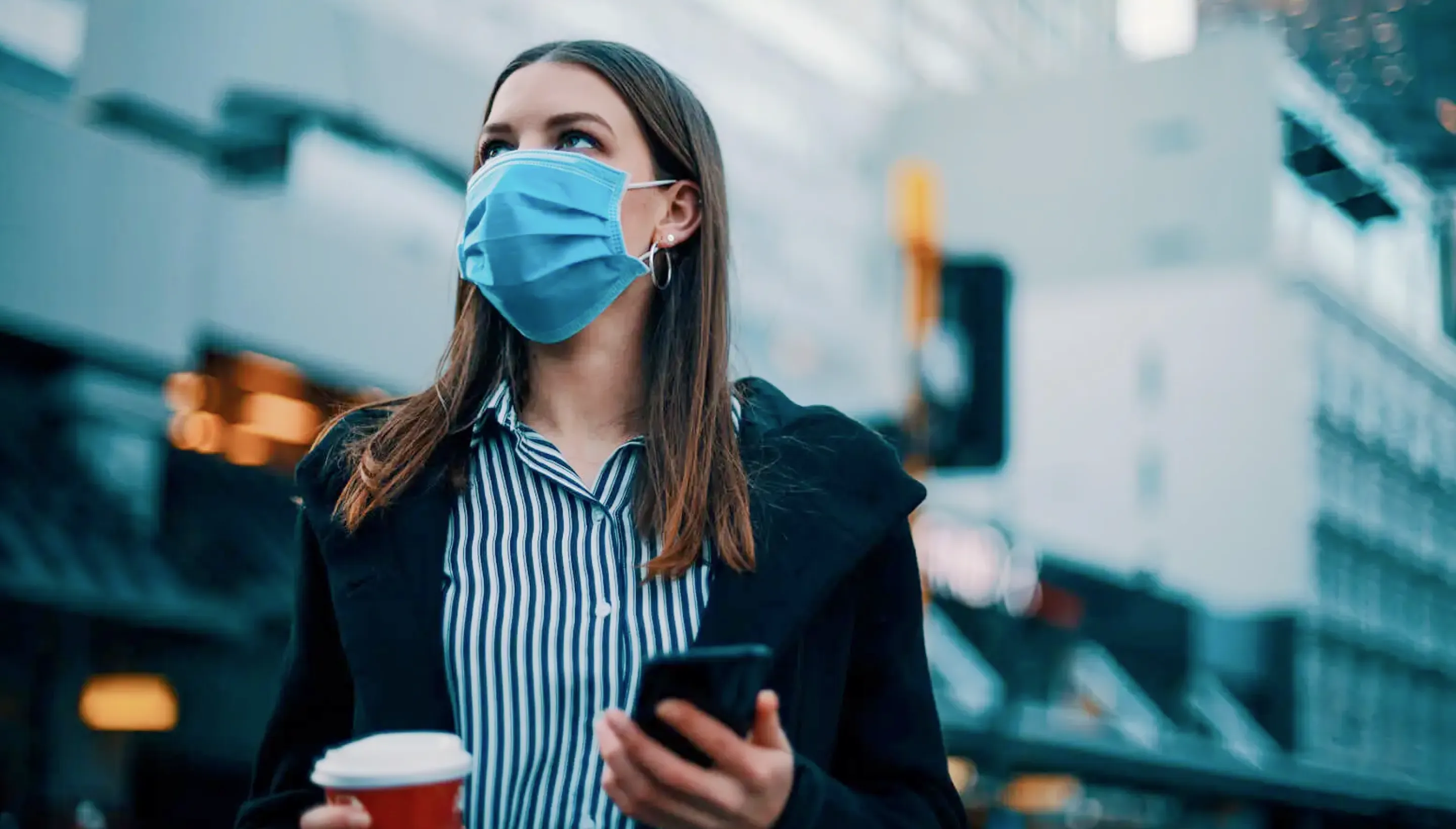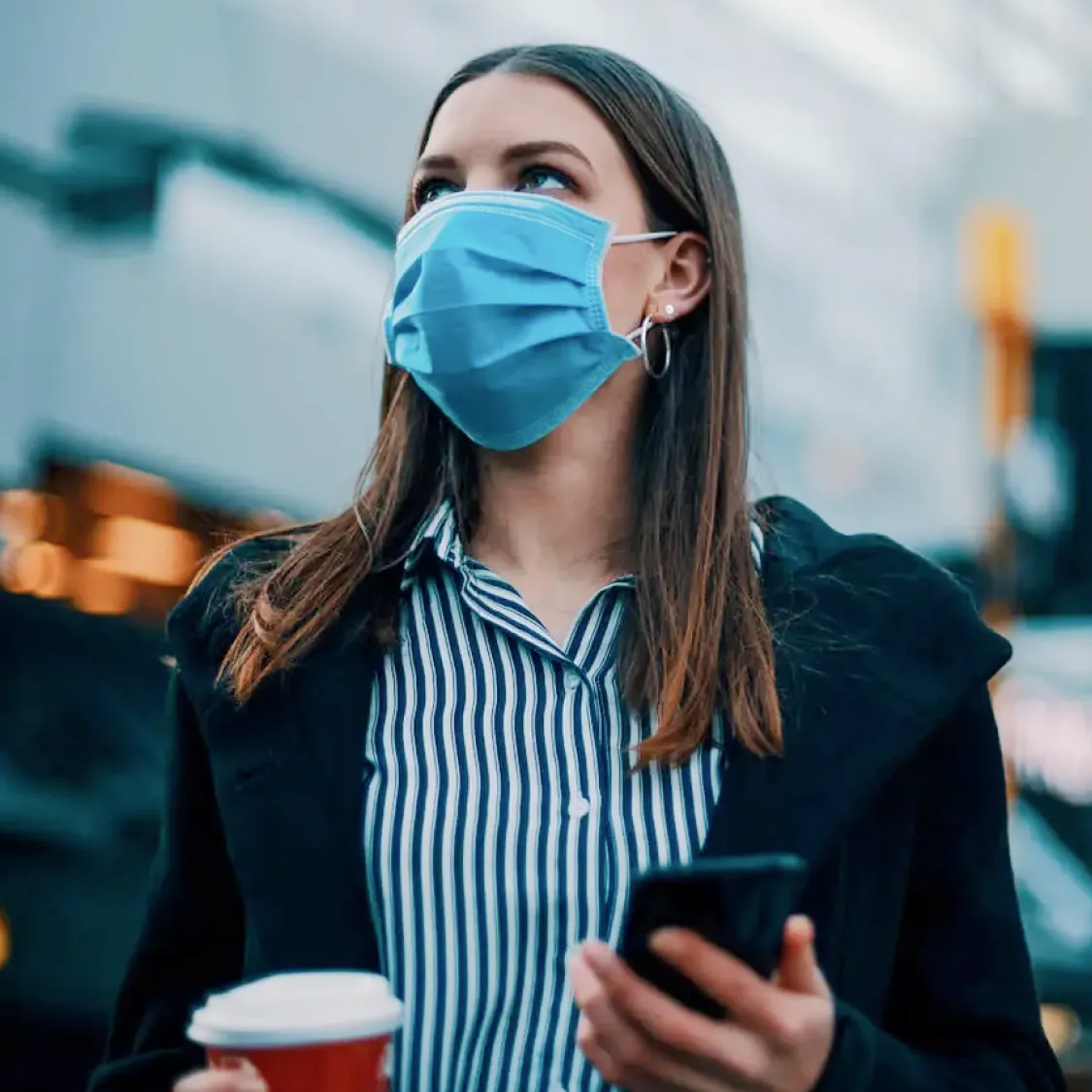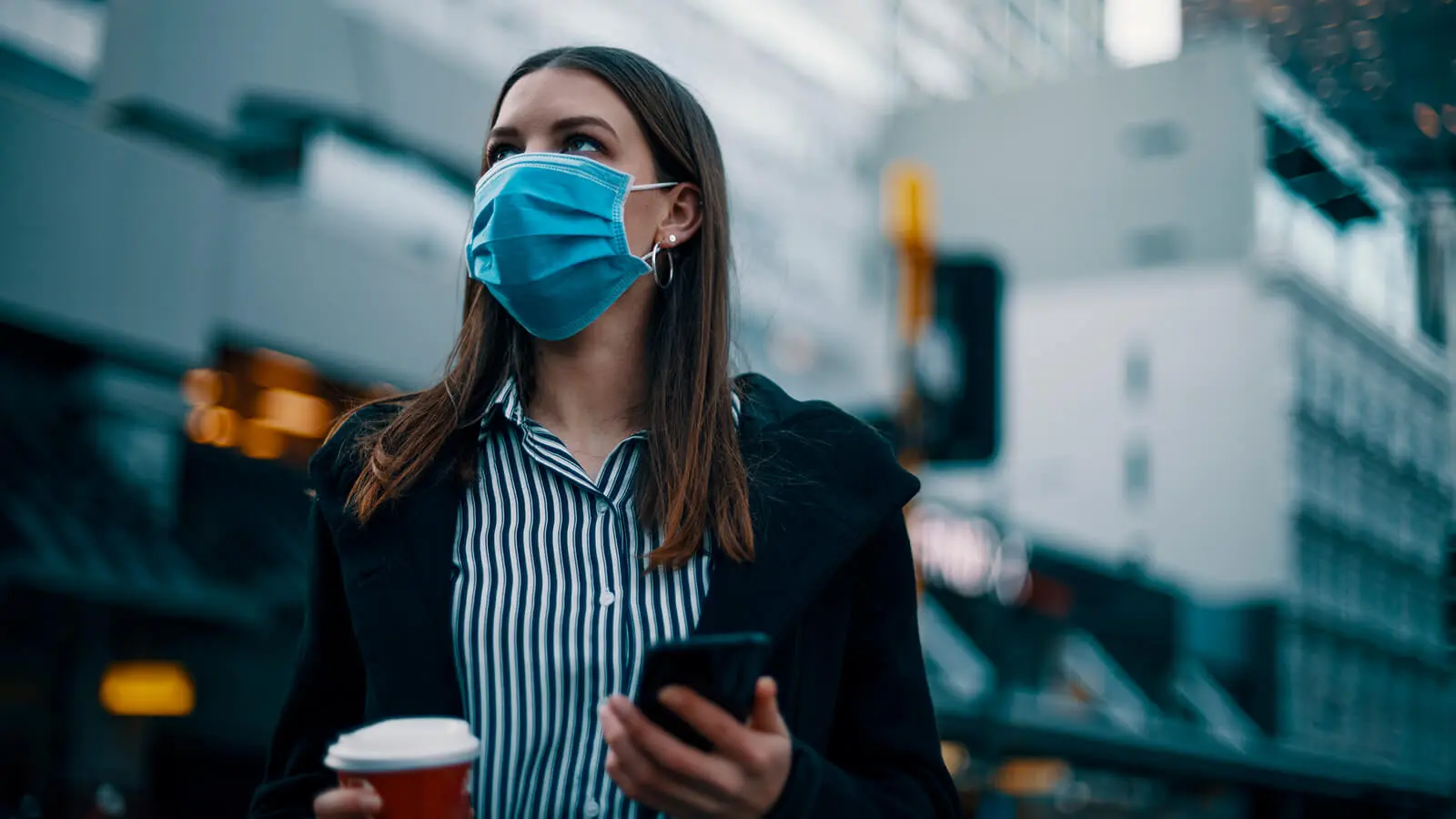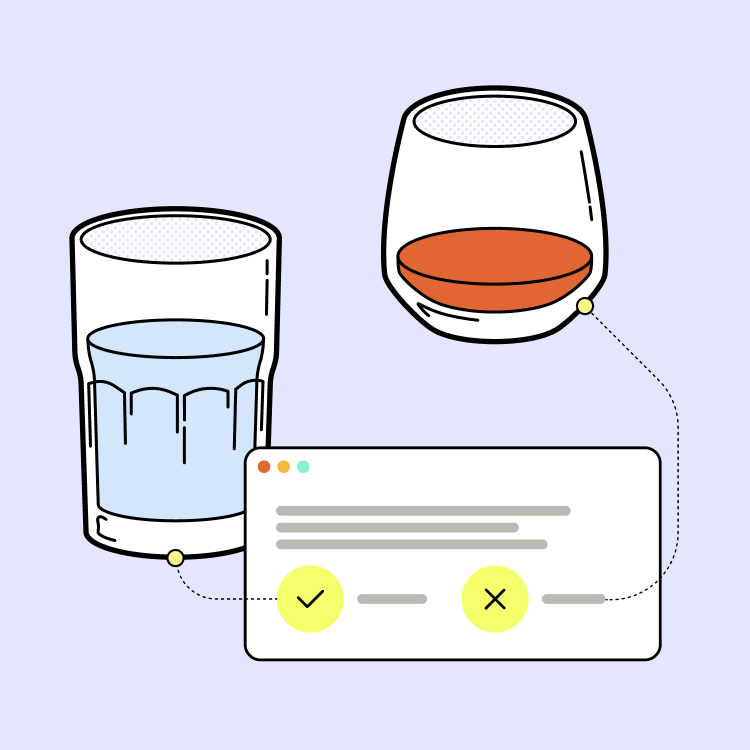There’s building scientific evidence that certain behaviours and contexts increase the likelihood of COVID-19 transmission and infection. Because the virus is primarily transmitted through tiny airborne droplets called aerosols, the use of masks and maintaining physical distance are of paramount importance to prevent the spread and reduce risk of infection (1, 2).
Other key measures include avoiding large gatherings and confined spaces. This is why retailers and hospitality venues, where they’re still operational, have reduced occupancy and made efforts to ensure efficient ventilation and air flow (3, 4). Keeping gatherings outdoors is also recommended (2, 3, 5).
So why has the pandemic raised questions about whether drinking alcohol plays a role in infection and transmission of the virus, and if it affects the progression and severity of the disease
How you behave after you have been drinking influences your risk
The specific relationship between drinking and COVID-19 infection continues to be explored. However, science on other infectious diseases shows that people who drink moderately and within recommended guidelines are no more likely to become infected than those who do not drink at all (6, 7), provided they take other necessary precautions. There is currently no evidence to suggest that drinking alcohol by itself raises the risk of COVID-19 infection, provided people are complying with safety recommendations. When people drink excessively and become intoxicated, their inhibitions may be lowered and they may engage in risky behaviours and be less likely to follow guidance around face coverings or comply with social distancing requirements (8, 9).
How much you drink can affect your health and ability to fight off infection
For most people, moderate drinking is compatible with a balanced lifestyle (10). Scientific research has shown moderate drinking isn’t likely to impair your immune response or your ability to fight off disease (6, 11).
However, people who drink excessively, particularly over extended periods of time, may have a weaker immune system (13-15) than those who don’t drink at all or do so moderately. Some studies have suggested that the immune response may be lower even immediately following an episode of excessive or binge drinking (16, 17). Experience with other infectious diseases also suggests that extended heavy drinking may interfere with the effectiveness of treatment (13, 15, 17-19).
Based on clinical trials involving tens of thousands of people in over 150 testing sites around the world, there is currently no evidence that moderate drinking diminishes the effectiveness of the COVID-19 vaccine. If you have specific questions about your drinking and how it affects your risk of COVID-19 infection or the effectiveness of a vaccine, it’s best to seek advice from a health professional to help you make informed choices.
Drinking excessively can harm you in several ways, particularly during the pandemic
Excessive drinking is generally harmful to both your physical and mental health, and its effects may be exacerbated during times of stress with the isolation and insecurity many people are experiencing.
Drinking alcohol to relieve stress is both inadvisable and ineffective. Drinking too much can make you depressed and anxious and affect your relationship with people around you.
Excessive drinking can raise your risk of developing an alcohol use disorder (AUD) (19) and can disrupt your sleep cycle (20, 21). Sleep is essential to our overall health and wellbeing. A good night’s sleep can help improve mood and is also key to good physical health.
Excessive drinking also may weaken your immune system. If you choose to drink, make sure you adhere to levels recommended in official guidelines.
Drinking alcohol doesn’t protect you against infection
Drinking alcohol does not prevent or reduce the risk of COVID-19 infection (22). While pure alcohol disinfects surfaces and is used in hand sanitisers to help to prevent spread, beer, wine, and spirits contain much lower amounts of alcohol and drinking them does not offer any protection against infection. Drinking pure alcohol or cleaners and hand sanitisers can be toxic and make you very ill or even kill you (23).
If you choose to drink, keeping within recommended limits is as important during the pandemic as at any other time
Keeping your intake within recommended guidelines is important to avoid drinking too much and damaging your health (19). It’s always important to monitor how much you’re drinking during an occasion, a day, or during a week.
If you’re concerned about your own or someone else’s drinking, it may be time to seek help. Tools are available to help you understand your level of risk.
Excessive drinking may weaken your immune system. If you choose to drink, make sure you adhere to levels recommended in official guidelines.
If you have specific questions about your drinking and how it affects your risk of COVID-19 infection or the effectiveness of a vaccine, it’s best to seek advice from a health professional to help you make informed choices






